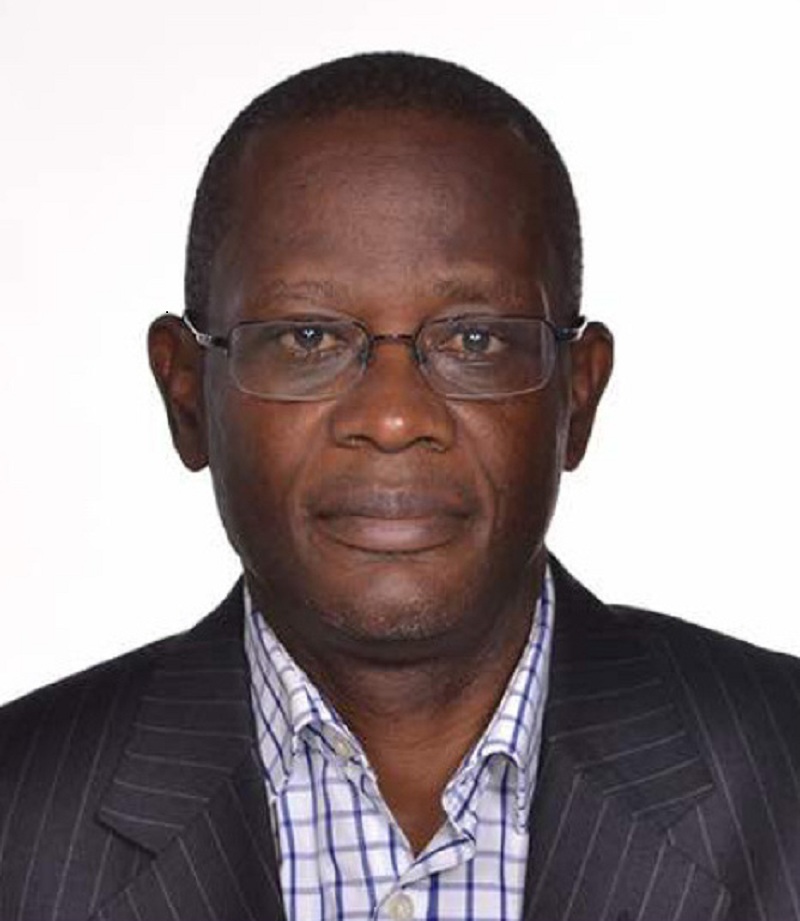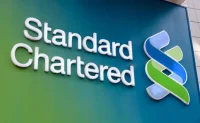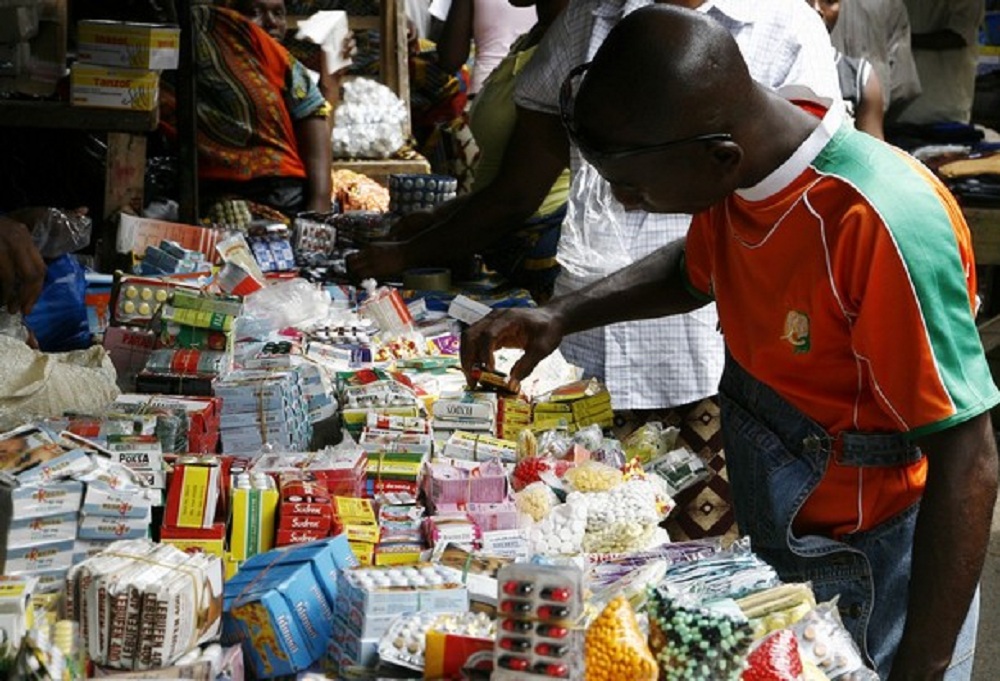The umbrella pharmaceutical industry body, Kenya Association of Pharmaceutical Industry (KAPI) has lauded the government for the recent re-organisation of the National Quality Control Laboratory (NQCL) following the gazettement of a new board of management.
KAPI chairperson Dr Anastasia Nyalita said the appointment of a new Board of management at the NQCL will provide the much needed continuity on the ongoing efforts to guarantee the integrity of the local pharmaceutical market against unregulated and sub-standard medicines.
The National Quality Control Laboratory (NQCL) provides quality assurance services for essential human medicines, medical devices and veterinary medicines.
In a gazette notice, the Chairman of the Pharmacy and Poisons Board Dr Jackson Kioko, who is also the Director of Medical Services has named veteran pharmacist, Dr William Mwatu as the new NQCL Chairperson.
Appointed for a three-year period, Dr Mwatu will be assisted by eight board members, including John Ronoh Sitienei (Dr.), Irene Thiguki Kamanja (Dr.), Georgina Muchai, Lilian Balusi (Dr.), Hellen Bosibori Okioma, Paul Munyao Mutua, Simon Njoroge Muigai (Dr.) and Edith Wakori (Dr.).
The appointment of new board, Dr Nyalita said, provides the local Pharmaceutical industry with renewed assurances that the government is keen on moving to curb the proliferation of unregulated and sub-standard medicines in Kenya.
“At KAPI, we are encouraged by the naming of the new NQCL Board which provides renewed impetus to the national fight against unregulated, substandard, falsified and counterfeit medicines in the country,” Dr Nyalita said, adding that, “the board composition featuring eminent pharmacists with experience on the local pharmaceutical industry and scholars is commendable.”
At the NQCL helm, Dr Mwatu, a veteran pharmacist who also holds an MBA and numerous other certifications, will provide much needed leadership to guarantee the quality control of medicines and medical devices in this market.
Dr Mwatu has previously been a board member of the Pharmacy and Poisons Board and has extensive experience in Regulatory Affairs both locally and regionally. He has previously worked for multinational organizations such as GlaxoSmithKline (GSK) and Procter and Gamble and has vast experience in Good Manufacturing Practices, Quality Assurance, Regulatory affairs and Clinical trial management.
READ: No wine, please! Why the super rich love art
A baseline study undertaken by the University of Nairobi, School of Pharmacy last year, confirmed an 8% prevalence of unregulated or illegally imported medicinal brands. The baseline study focused on 9 popular medicine brands and provided a representative sample for a wider market challenge. The study was undertaken among 160 practising retailers through interviews and literature reviews with purchases for 543 products conducted in 326 retail outlets in all the major towns in Kenya.












Leave a comment